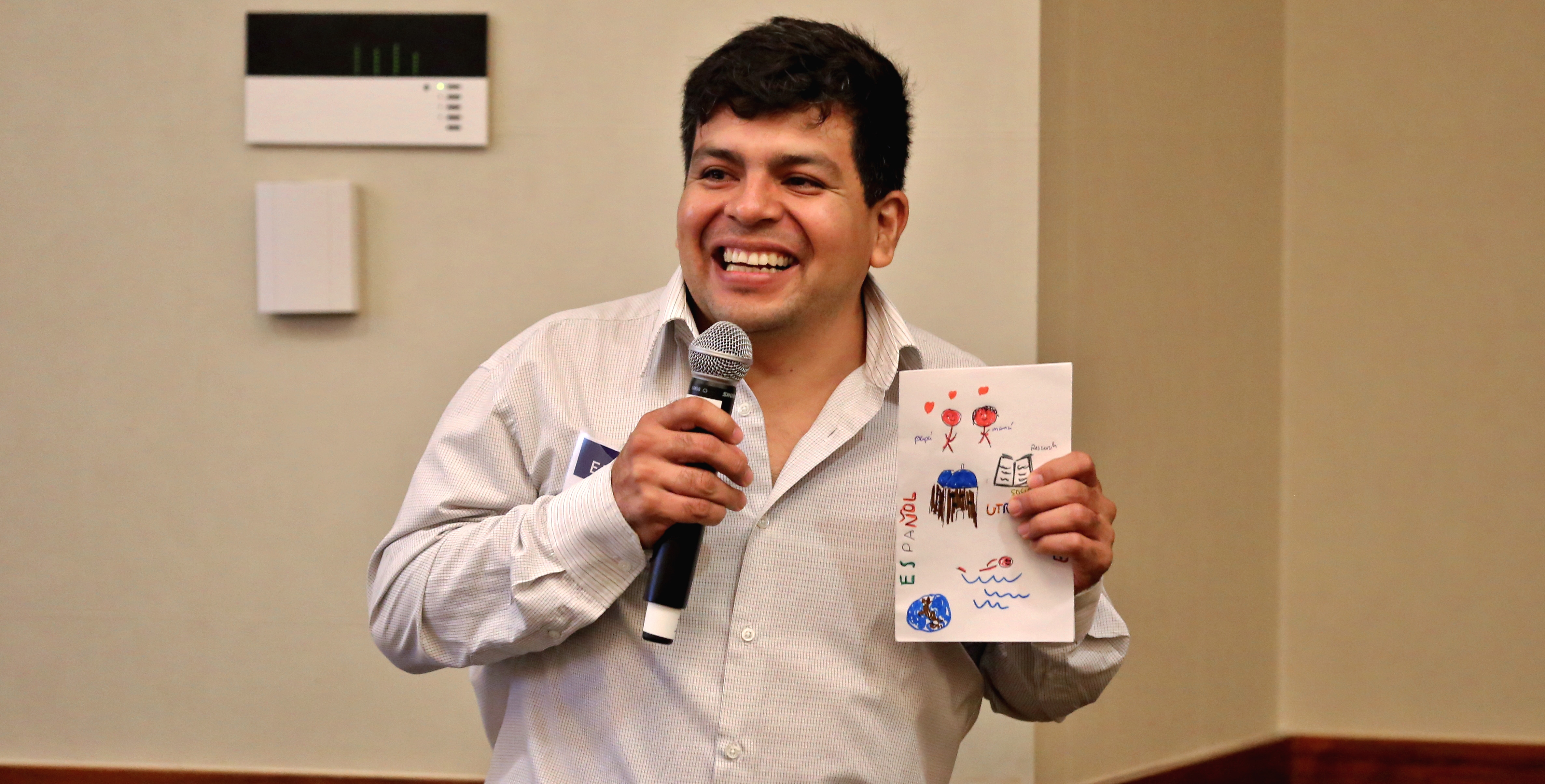New Proctor Institute Report Reveals Police Officers' Perspectives on Traffic Stops
FOR IMMEDIATE RELEASE:
Natalie Passov | natalie.passov@gse.rutgers.edu | 848-932-0728
NEW BRUNSWICK, N.J., April 11, 2024 – The Samuel DeWitt Proctor Institute of Leadership, Equity, and Justice (Proctor Institute) is proud to announce the release of its latest report, “Police/Civilian Encounters: Officers’ Perspectives on Traffic Stops and the Climate for Policing.” The report dives into the perspectives of law enforcement to help us understand traffic stop encounters and foster meaningful dialogue for improved relationships in communities.
The first report of the series, “Police/Civilian Encounters: Understanding How and Why They Can Turn Deadly,” examined these encounters by proposing an algorithm for exploring how police and civilian behaviors, during traffic stops, proceed and how they can devolve into contentious, and sometimes fatal, events – particularly for Black men. According to the author James Hyman, a professor at Bowie State University, “This current report is a sequel to that earlier paper.”
Hyman added, “A shortcoming of that first report was its inability to consider whether, and if so how, the attitudes and perceptions held by either party may have contributed to the encounter’s outcome.” This latest report focuses on addressing this gap by delving into the perspectives and opinions of police officers themselves.
“Police brutality is a continual problem and we must understand the dynamics between those involved,” said Marybeth Gasman, Samuel DeWitt Proctor Endowed Chair and Distinguished Professor at Rutgers University.“We are seeing an increase in calls for a better system of policing. This kind of dialogue can foster accountability and ensure the safety of everyone involved.”
According to the report, traffic stops account for 40% of all civilian encounters with police, and 66% of officers in the study characterized traffic stops as more dangerous than calls for service. Further, the study reveals that most officers feel anxious rather than aggressive during these encounters resulting from the unknowns surrounding the driver. Officers also find themselves caught between negative press coverage affecting public opinion, while also having increased calls for accountability from their superiors. However, officers recognize that due to negative press coverage, civilians feel heightened tension when being stopped.
Additionally, the report reveals that officers generally attribute police-involved fatalities to non-compliant behavior rather than systemic bias. The report provides recommendations that aim to prioritize safety on both sides of these encounters. Recommendations include driver compliance, understanding and humanizing both parties, and recognizing the risks involved in traffic stops.
“My goal, with this and future reports, is to foster a fuller understanding of these encounters in ways that may enable constructive dialogue between police authorities, communities and their leadership,” Hyman emphasized.
###
About the Samuel DeWitt Proctor Institute for Leadership, Equity, and Justice
The Samuel DeWitt Proctor Institute for Leadership, Equity, and Justice (Proctor Institute) is a national center that focuses on issues of leadership, equity, and justice within the context of higher education. It brings together researchers, practitioners, and community members to work toward the common goals of diversifying leadership, enhancing equity, and fostering justice for all. The Proctor Institute is located at Rutgers University-New Brunswick, in the Graduate School of Education and, houses the Rutgers Center for Minority Serving Institutions (CMSI). For more information about the Proctor Institute, please visit https://proctor.gse.rutgers.edu/.

